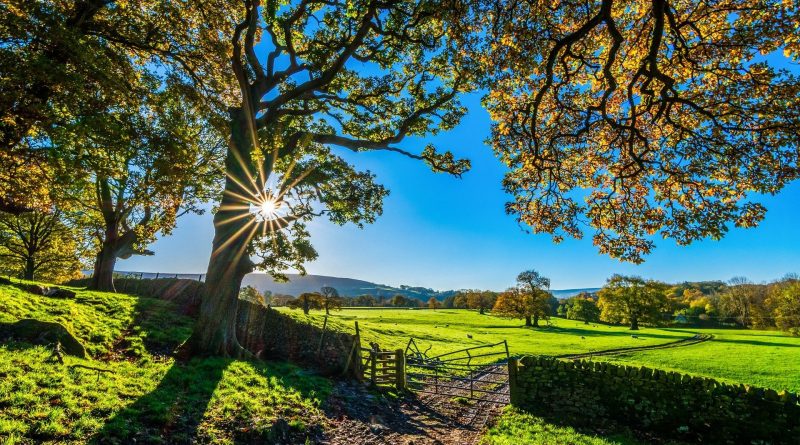Agricultural biodiversity in danger
Agricultural biodiversity in danger
We know that agricultural biodiversity is the genetic variety of the plants we grow and the animals we raise for food, fibers, colors and other products.
Agricultural and livestock biodiversity is the result of the wealth of Nature but also of the skilful work of 10,000 years of farmers.
Farmers who have learned to select, improve and adapt species and breeds to their environments.
Agricultural biodiversity, in addition to being a great resource, is a great wealth for humanity.
Agricultural biodiversity makes it possible to cultivate plants and raise animals almost at all latitudes of our planet.
Agricultural biodiversity also allows for higher food quality and, therefore, greater well-being for humanity.
Unfortunately, this heritage has shrunk considerably over the past few decades.
Not only that, due to the interference of agriculture on the ecosystem, we are also destroying the natural biodiversity of the planet.
Only in Europe are they at risk of extinction:
– 42% of native mammals,
– 15% of birds,
– 45% of butterflies,
– 30% of amphibians,
– 45% of reptiles,
– 52% of freshwater fish.
Watch the video on the subject and subscribe to the YouTube channel
Due to the tendencies of many states towards intensive agriculture, many farmers, instead of cultivating a wide variety of plants as in the past, have focused on a single income crop, called monoculture, which has significantly reduced agricultural biodiversity in the past. world and introduced synthetic chemistry in Nature.
With the advent of monoculture, traditional agricultural practices were largely abandoned.
A large number of varieties of plants and animal breeds, in the most deafening silence, are silently disappearing.
With what can be defined as an irreversible “extinction”.
This process must be reversed by emerging from an agricultural model among the poorest since man appeared.
It is necessary to move towards agroecology, that is, the technique that sees the healthiness of food and its biodiversity as a new source of equality and justice for humanity.
Despite the short time left to avert an unprecedented ecological and human catastrophe, we have only one task left.
Return to a different relationship with the earth: loving it, respecting it, safeguarding every living being that inhabits it.
It will be that day that we could define ourselves as a true civilization.
Guido Bissanti

